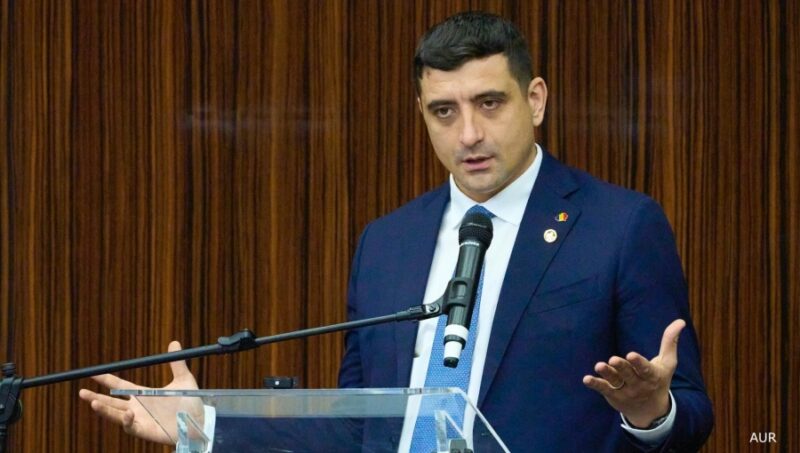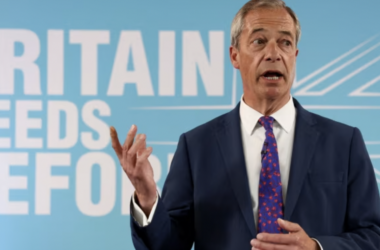As Romanians hit the polls for a high-stakes presidential runoff, Telegram’s founder, Pavel Durov, dropped a bombshell: a European government—hinted at with a baguette emoji—allegedly tried to strong-arm the platform into silencing Romanian conservative voices.
Though Durov never named names outright, his subtle nod to France didn’t go unnoticed. In a post to his channel, the tech entrepreneur said he refused to comply with the request, vowing that Telegram won’t muzzle Romanian users or shut down political channels. “You can’t ‘defend democracy’ by destroying it,” he wrote.
France’s Foreign Ministry was quick to cry foul, dismissing the claims as “fake” and accusing Durov of deflecting attention from supposed foreign interference threats facing Romania. So far, Romanian officials have kept quiet about the allegations.
At the center of the storm is George Simion, a populist EU skeptic and frontrunner in Romania’s presidential race. Simion stormed ahead in the first round with 40% of the vote, rattling the pro-Brussels establishment and prompting the collapse of Romania’s pro-Western coalition government. He now faces Nicusor Dan, the EU-aligned mayor of Bucharest, in what many see as a battle for the country’s political soul.
Simion hasn’t minced words about alleged foreign meddling. Just days before the vote, he accused France of deploying financial and diplomatic pressure to sway the election. “They’re pouring in money and using their ambassador and foreign institutions to steal the people’s vote,” he said in an interview with entrepreneur Mario Nawfal.
The broader backdrop includes shifting international dynamics. While France doubles down on its military and financial backing for Ukraine, the U.S. under President Trump has pivoted toward diplomacy and de-escalation between Moscow and Kiev. This divergence has added fuel to tensions between old-guard EU loyalists and rising nationalist voices in Eastern Europe.
Durov, who holds citizenship in France, Russia, the UAE, and St. Kitts and Nevis, is no stranger to friction with Western governments. Just last year, French authorities slapped him with charges related to Telegram’s content moderation, accusing the app of enabling illicit activity. He was briefly arrested in Paris, released on a €5 million bail, and eventually allowed to leave the country earlier this year.
Whether France actually attempted to interfere in Romania’s election via back-channel pressure on Telegram remains murky. What’s clear, though, is that tech platforms and foreign governments are becoming battlegrounds in Europe’s ideological tug-of-war—and Pavel Durov, it seems, is refusing to play ball.




